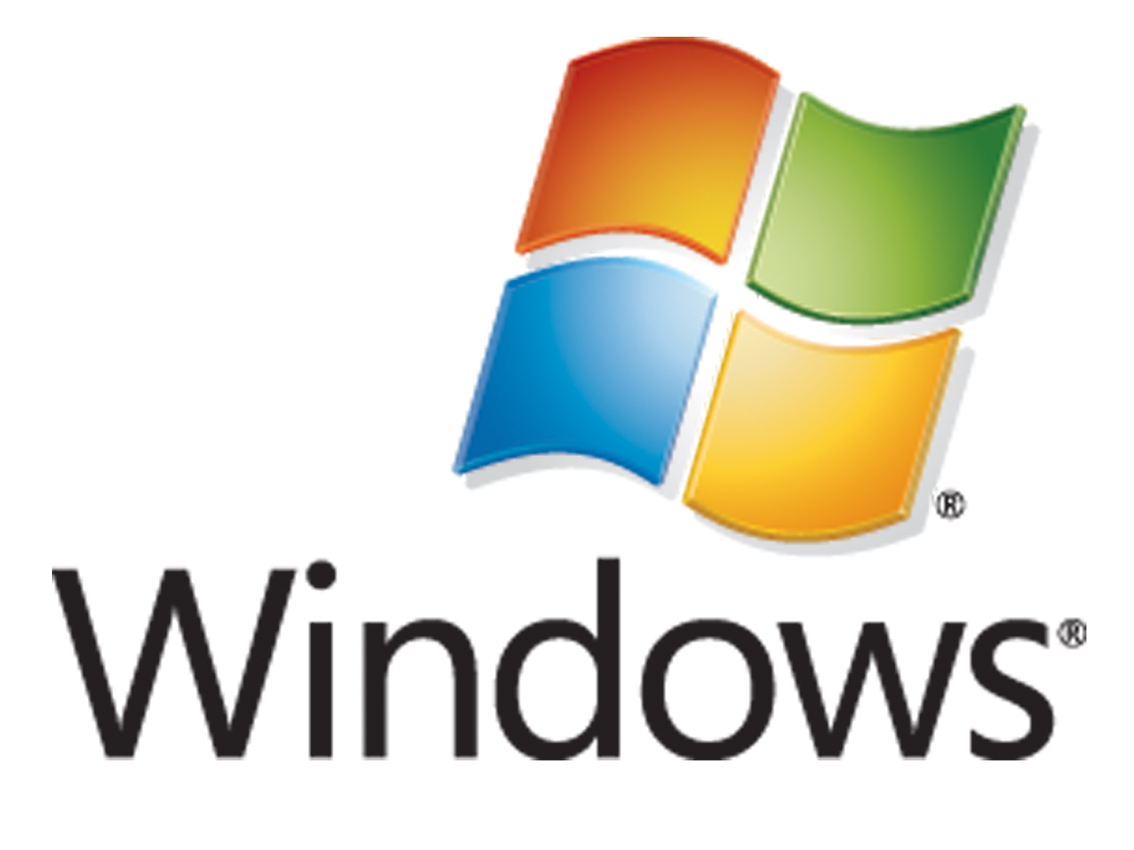Windows on the brink of collapse?
A decade of bloat threatens to crush Microsoft's cash cow

Sign up for breaking news, reviews, opinion, top tech deals, and more.
You are now subscribed
Your newsletter sign-up was successful
Microsoft's Windows operating system is teetering on the edge of catastrophic collapse. So say analysts at respected technology consultancy Gartner.
Of course, since the release of the troubled Vista iteration of Windows, sticking the boot into Microsoft has been a popular sport for cranks and commentators alike. More recently, the chatter has concerned the possibility that many businesses might skip Vista altogether and jump straight to the next version of Microsoft's cash cow, currently known as Windows 7.
But when a serious operation like Gartner weighs in with such a damning appraisal, it can't be dismissed as the usual anti-monopolist moaning.
Where's the beef?
So, what exactly is Gartner's beef? According to analysts Michael Silver and Neil MacDonald, "Windows is too monolithic". Through a combination of feature creep, a desire to lock users into a single software environment and the need for backwards compatibility, the latest version of Windows has simply become too big. As MacDonald says, "one size no longer fits all".
The situation is so acute, reckon Silver and MacDonald, it threatens to render Windows irrelevant. They claim they are now routinely quizzed by clients whether they should skip Vista and stick with XP until Windows 7 rolls out, probably no sooner than 2010.
The problem stems from the fact that the PC has evolved from a relatively simple productivity workhorse into a multi-form-factor beast used in a wide variety of environments, each with different priorities. A typical home user might prize efficient performance and scalability. In business, reliability and availability are often key concerns, while efficient virtualisation support and security factory highly for server machines.
Sign up for breaking news, reviews, opinion, top tech deals, and more.
Bigger, bloatier
But instead of tailoring different versions to suit specific usage models, with each new iteration Microsoft has been making Windows ever bigger and more unwieldy. It's all a misguided attempt to force users to use essentially the same product, in other words.
Whether you agree with all that, there's little doubt that a consensus is building around the idea that Vista is fundamentally broken. One intriguing example of the current mood is a recent - admittedly rather unscientific - survey by Adrian Kingsley-Hughes of Zdnet. His online poll found that of those who had chosen to give Vista a miss, 45 per cent based that decision on the analysis and opinions of others, rather than first hand experience.
If that is reflected in the wider IT community, it's scary stuff for Microsoft indeed. What, therefore, should MS do? The guys from Gartner note there are signs that Microsoft realises that Vista is too "big" for widespread adoption. The availability of Windows XP starter edition has been extended to June 2010, for instance, and Windows for Legacy PCs also remains based on the smaller less demanding Windows XP kernel.
Cut down kernel
What's more, late last year, Microsoft engineers confirmed that a massively cut-down build of the Windows kernel known as MinWin was under development. In contrast to the flatulent 4GB required to house Vista, MinWin can be crammed into just 25MB. And it's MinWin that will form the basis of Windows 7.
Needless to say, actual usable builds of Windows 7 will be much, much larger. The basic 25MB build of MinWin has no graphics support, for example. But current speculation suggests several modular variants of Windows 7 will be spawned by MinWin, each restricted to components relevant to specific usage models.
All of which is highly plausible. However, the crucial unresolved issue is backwards compatibility. Much of the bloatware that is part of the Windows experience is necessary to ensure that the best part of a decade of legacy software works smoothly on contemporary machines. Take away backwards compatibility and you remove the main reason why so many have put up with Windows' shortcomings for so long.
Technology and cars. Increasingly the twain shall meet. Which is handy, because Jeremy (Twitter) is addicted to both. Long-time tech journalist, former editor of iCar magazine and incumbent car guru for T3 magazine, Jeremy reckons in-car technology is about to go thermonuclear. No, not exploding cars. That would be silly. And dangerous. But rather an explosive period of unprecedented innovation. Enjoy the ride.